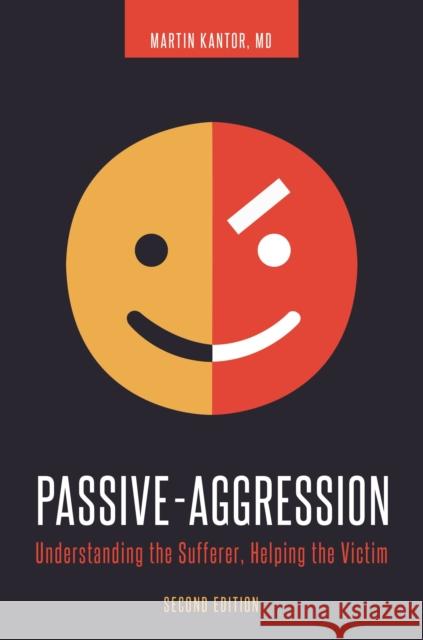Passive-Aggression: Understanding the Sufferer, Helping the Victim » książka
Passive-Aggression: Understanding the Sufferer, Helping the Victim
ISBN-13: 9781440837906 / Angielski / Twarda / 2017 / 273 str.
Contrary to what is implied in the American Psychiatric Association's Diagnostic and Statistical Manual of Mental Disorders, 5th Edition (DSM-5), and what some practitioners have believed in recent years, new thinking points to passive-aggression being a full disorder. A counterrevolution is now occurring, with some of the most centrist of authors participating in a concerted drive to bring back the diagnosis as being one of the fundamental personality disorders--indeed, a disorder that describes individuals with a distinctly troublesome personality. In this new book, Martin Kantor--a Harvard-trained psychiatrist and noted author of numerous medical texts--takes a new look at passive-aggression and passive-aggressive personality disorder (PAPD) that precisely and scientifically defines it in terms of description, causality, and therapeutic intervention, all based on recent theoretical findings.Kantor makes a powerful argument that passive-aggression can only be reliably identified by answering three fundamental questions whose answers define the disorder: why these patients get so angry; why these patients cannot express their anger directly; and what anger styles they employ to express their aggressions. His examination of passive-aggression, which involves two people enmeshed with each other, logically takes two distinct points of view: that of the passives-aggressive individual, and that of his or her "victim" or "target." Specific clinical observation is presented to clarify theory. The book explains how passive-aggression can develop into a complex dyadic interaction in which it is difficult to determine who is doing what to whom, who started it, and what path to take to deescalate; and how using mutual understanding and healthy empathy plus compassion can preclude getting involved in sadomasochistic mutual provocation. The author also suggests ways for those who suffer from passive-aggression to be less hypersensitive, and to express what hypersensitivity they can't help feeling more directly, rather than via the various unhealthy anger styles that constitute the passive-aggressive modus operandi.











